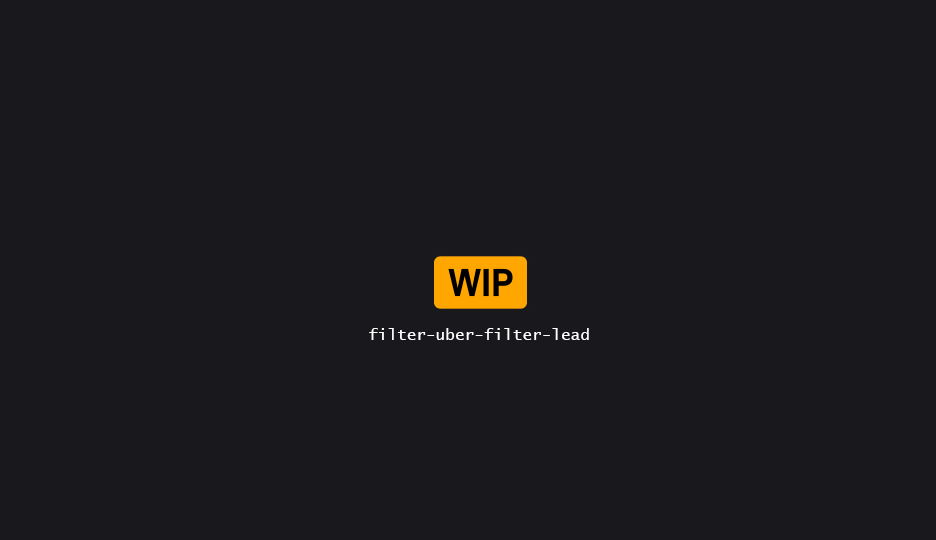Table of content
The Uber Filter node leverages any and all the filters available as part of the ecosystem to filter out points inside individual datasets. Alternatively, you can choose to only write the combined filters result as a bool attribute.

Properties
| Property | Description |
|---|---|
| Settings | |
| Mode | How to ouput data. See below. |
Result Attribute Namebool
| Name of the attribute the filter result will be written to. |
| Swap | If enabled, inverts the combined result of the filters. |
| Mode | |
| Partition | Split input dataset in either Inside (filter passed) or Outside (filters failed) outputs. |
| Write | Preserve input and write the result of the filter to an attribute. |
Available Filters
🝖 Compare Nearest (Numeric)
The Numeric Comparison Filter compares the arithmetic value of an attribute against the closest point from another dataset.
🝖 Bool
Performs a simple boolean comparison, converting numeric values to true (> 0) or false (<= 0).
🝖 Modulo Comparison
Compares the modulo of two attributes against a third operand, with configurable comparisons and tolerance.
🝖 Bounds
Checks if a point is inside or outside the provided bounds, with options for bounds types and an epsilon adjustment.
🝖 Bitmask
Checks specific flags in an int64 bitmask attribute with configurable mask types, comparisons, and an option to invert results.
🝖 Mean Value
The Mean Value Filter compares per-point values of an attribute against the mean statistical value of that same attribute.
🝖 Self Compare (Numeric)
Compares the numeric value at one index against the same attribute at another index.
🝖 Self Compare (String)
Compares the string value at one index against the same attribute at another index.